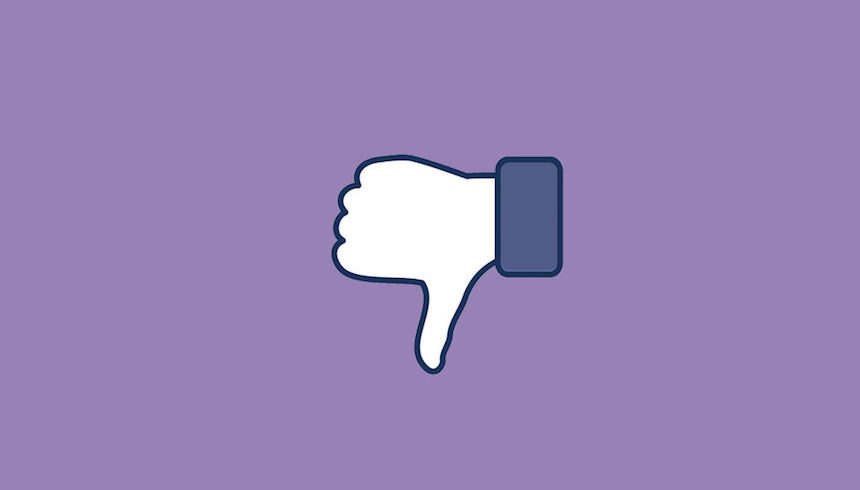Free Basics:
Free Basics was a programme launched by Facebook on February 10, 2015. It was relentlessly opposed right from the time it was launched as internet.org in early 2015. Many raised doubts about it, as ‘.org’ instead of ‘.com’ is only provided to charitable organizations and providing internet connectivity to a few handpicked people does not make it a charitable institution. Facebook then renamed it to Free Basics.
Mark Zuckerberg has said that Free Basics is a programme that offers its users free access to facebook and a few other online services on their mobile phones in 36 poor countries. He said that those who first experience the Internet can pay for full internet access within a month and according to Facebook 50% of the users that use Free Basics shift to using general Internet within 30 days. Mobile telecom operators shall bear the cost of this programme. In India, it would be Reliance Communications that has tied up with Facebook.
Reliance Communications had in fact launched its services in Gujarat, Maharashtra, Tamil Nadu, Kerala and Andhra Pradesh. However, Facebook suffered a setback as several activists, internet users came together to campaign against the programme calling it a ‘walled garden strategy’ that will destroy net neutrality. Therefore, TRAI passed a directive asking Reliance Communications to put commercial launch of Free Basics in abeyance.
Net Neutrality
Net neutrality is important because it provides free Internet to all without any differential pricing and steers clear of the digital divide that pricing a few services would otherwise cause. It is because of the presence of net neutrality that Internet has become so powerful with anyone being able to access Internet from anywhere. This would be dubious if ISPs or telecom companies are allowed to act as gatekeepers that is, if they are allowed to decide what websites we can access.
To put it in simple words, the reason why Amazon and Flipkart are able to compete with each other or Ola is able to compete with Uber is because they are on equal platform. However, if one of them were to be provided on Free Basics for free, obviously the one that can be accessed for free would have mileage over the other. Also, today Reliance Communications is supporting Free Basics because they are aware that this would provide them a niche over the other service providers. Subsequently, if Free Basics becomes successful, more service providers would join the programme and steadily decide what websites they would want to offer for free.
Therefore, Free Basics is considered as a sham that actually breaches consumer privacy by storing information generated by Free Basics users. Also, it is anti-competitive as it only provides free Facebook service and services of handful of other websites. This means that other online businesses will have to run on Facebook.
Justification for Free Basics:
Mark Zuckerberg continues to propagate and justifies Free Basics asserting that it is open to all–comers provided they fulfil certain technical conditions. Also, the information of the users is only stored for 90 days. He rather gives a very feeble counter to the anti-competitive aspect saying that ‘there is no greater threat to innovation than leaving people offline.’ I feel this is such a shoddy argument for various reasons.
Criticisms against Free Basics:
First of all, if the idea is to make Internet available to all especially poor people who haven’t had access to Internet all these years, then why provide them with Facebook services and some 100 other websites, why not provide them with free access to open, plural, diverse web without limiting the access to 100 odd websites only.
Secondly, Free Basics boasts of providing education, health and other services. However, only 12% of the world’s population knows English and 53% of Internet’s content is in English. So, how are poor people towards whom this entire service is targeted going to benefit from Free Basics without having access to information in the language they know! Same goes with education, Internet cannot replace teachers, schools and colleges when it comes to providing education, Internet can only be used for ancillary learning and not even that when it is not in the language one knows.
Other ways of providing Free Internet:
Besides, there are so many other ways of providing free Internet to poor people.
(i) 2g data prices should be brought down considerably.
(ii) Telecom companies can offer 200-500MB of data for free every month.
(iii) Government subsidies for free monthly allowance of mobile data can be provided to each user as suggested by Nandan Nilekani.
(iv) Small Internet pack can also be allocated through Aadhar
(v) Companies can include such services under their CSR activities. There are various other ways to provide Internet to the poor.
Conclusion:
TRAI had asked for people’s opinion on differential pricing. However, around 18 lakh responses that they have got is answering question on whether they support Facebook’s product, Free Basics. They do not answer the question on differential pricing which is the bigger issue at hand.
This particular product of Facebook might provide Internet access to certain section of the country that has been offline all this time, but the access shall only be to specific services. Also, if some people are provided certain services free of cost and others have to pay for it, it is going to make way for differential pricing and telecom companies will soon be able to limit our access to free Internet by acting as gatekeepers, thereby destroying net neutrality and the very essence of the Internet, the reason why it is such a powerful resource today. Therefore, I support the idea of free Internet rather than Free Basics.
Latest:
By now we all know that India and Facebook have had a long scuffle with regard to the differential pricing and finally with TRAI’s letter to Facebook, it is clear that India has refused to be credulous to Facebook’s demands.
TRAI’s letter expressed concerns about Free Basics being violative of net neutrality as it seeks to provide limited number of websites for free. In the letter dated January 18th, 2016, which can be found here, TRAI accuses Facebook of not sharing the text of TRAI’s communication with the users and remaining silent on it. Facebook never specifically asked the users to answer the four questions that were to be asked to the users. Thereby, TRAI mentions that the responses made by users in support of Free Basics is wholly misplaced as the users were not given an opportunity to make an informed decision.
Therefore, TRAI accused Facebook of ‘reducing a meaningful consultative exercise designed to produce informed decisions in a transparent manner into crudely majoritarian and orchestrated opinion poll.’ Further TRAI blamed Facebook of being a self appointed spokesman on behalf of users who hadn’t authorised Facebook to represent them in the first place.
Well, all I can say is, I couldn’t be more proud of TRAI’s decision and overwhelmed with the way it is worded!
Meanwhile, Mark Zuckerberg said ”While we’re disappointed with today’s decision, I want to personally communicate that we are committed to keep working to break down barriers to connectivity in India and around the world. Internet.org has many initiatives, and we will keep working until everyone has access to the internet.”
Perhaps, what Mr.Zuckerberg needs to understand is that by providing limited access to websites for free is not going to lift people from poverty or provide them with a string of employment opportunities. He needs to stop misleading people by constantly claiming that millions of people in India still do not have access to Internet. Free Basics can never achieve what Free Internet can.
Picture Courtesy: Flickr







